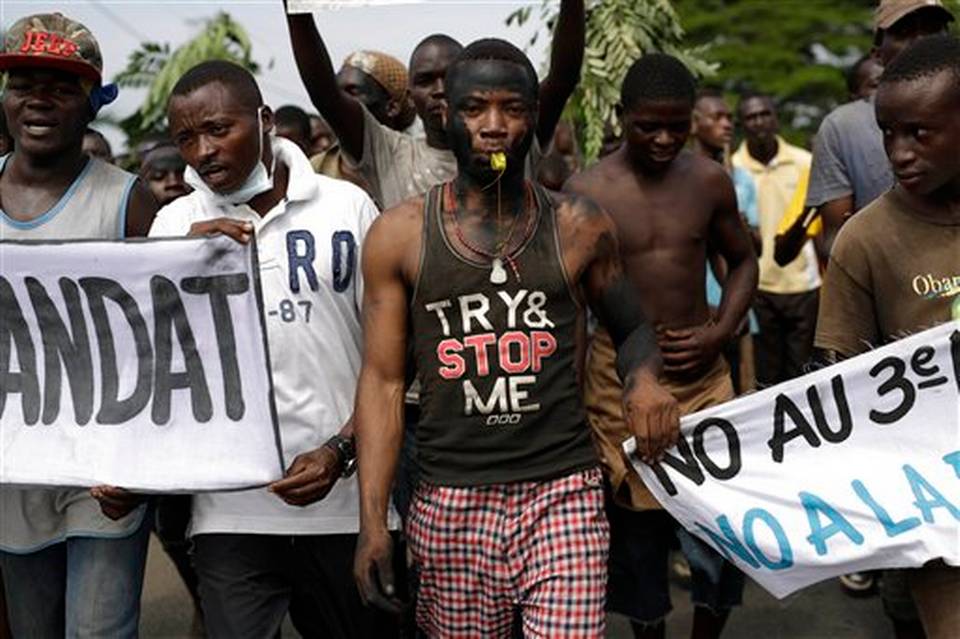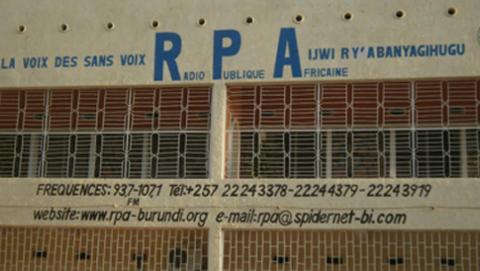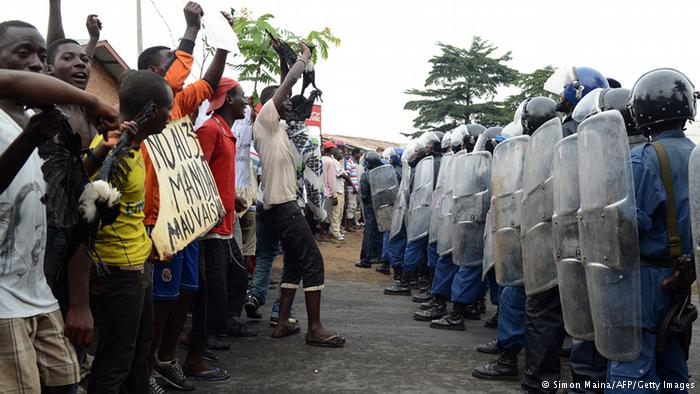Adelard Kakunze is a One Young World Ambassador for Burundi who is passionate about youth empowerment, business and sustainable development. In December 2013, he was recognized as the second most enterprising student in Africa by the site www.under35CEO.com. In March 2013, he founded Burundi 3.0, a social enterprise that aims to use information technology as solution to youth unemployment and healthcare issues.
In Burundi, a small East African nation, freedom of the press was won at the end of the civil war in 2003. In 2005, the media covered the elections and allowed the democratic process to be transparent for all Burundian citizens. These elections ushered in the victory of the ex-rebel movement, the CNDD-FDD (National Council for the Defence of Democracy - Democratic Defence Force). The love affair between the media and the establishment was at its peak and the liberty of the press in Burundi was a source of pride for all Africans. The entire world lauded our rediscovered liberty.
I say that my nation's liberty was 'rediscovered' because since independence in 1962 the press was not an independent institution, except for a short period at the start of the 1990s - a brief flutter of the democratic winds of change that blew through the African continent back then. The period of press freedom proved to be so fleetingbecause Burundi lapsed into a bloody civil war in 1993.
Nevertheless, certain journalists and private media outlets dared to defy the dictatorship and published counter-narratives. This is the case of Radio Publique Africaine (African Public Radio), the voice of the voiceless, which offered a public platform to the CNDD-FDD rebels for the first time - a group who were a guerilla fighting force in 2001. Ironically, this same group imprisoned the Director of Radio Publique Africaine for one month.
On World Press Freedom Day (3 May 2015), the situation for independent media and freedom of expression in Burundi is worrying. This new wave of repression dates back to 2013 when the government imposed a gagging law on the press. They imposed restrictions on protecting sources, fines and prison sentences for mentioning "sensitive" subjects, and a new law to stifle independent press outlets who the establishment considers to be too close to the opposition.
[[[image 3 - large]]]
The current President, Pierre Nkurunziza, is pushing for a 3rd term in office, which is judged unconstitutional by many people. His government is attempting to stifle legitimate dissent. They have closed the iconic Radio Publique Africaine station and the Maison de la Presse (Burundian Press Association), assaulted journalists reporting on the situation and cut off private radio stations: press freedom and the right to information are being threatened in Burundi. The government has ordered telecommunications companies to block access to certain popular TV and radio stations - especially ones with a youth focus.
Since 28 April, Facebook and Whatsapp have been blocked in Burundi. Burundians have rallied on Twitter with the hashtags '#StopNkurunziza' '#Sindumuja' with a passion that no one expected. The number of Burundians on Twitter using the hashtag'#Abatwip' has exploded. The more technologically gifted among us have got around the Facebook censorship and our newsfeeds are full of news about Burundi and the protests going on in the streets.
The right to information is a universal right for everybody, especially as we live in the age of information. This crisis has taught me that no regime, no matter how powerful it is, can censor a whole population. The Burundian government has provoked a huge backlash by trying to censor its citizens it gave us license to liberate ourselves. This should be the message to all regimes in Africa and around the world who are tempted to try something similar.
[[[image 1 - large]]]



